
Lord of the flies
If we take seriously that Jesus is Lord of all creation, then Jesus is as much the Lord of the flies as Lord of you and me.

If we take seriously that Jesus is Lord of all creation, then Jesus is as much the Lord of the flies as Lord of you and me.
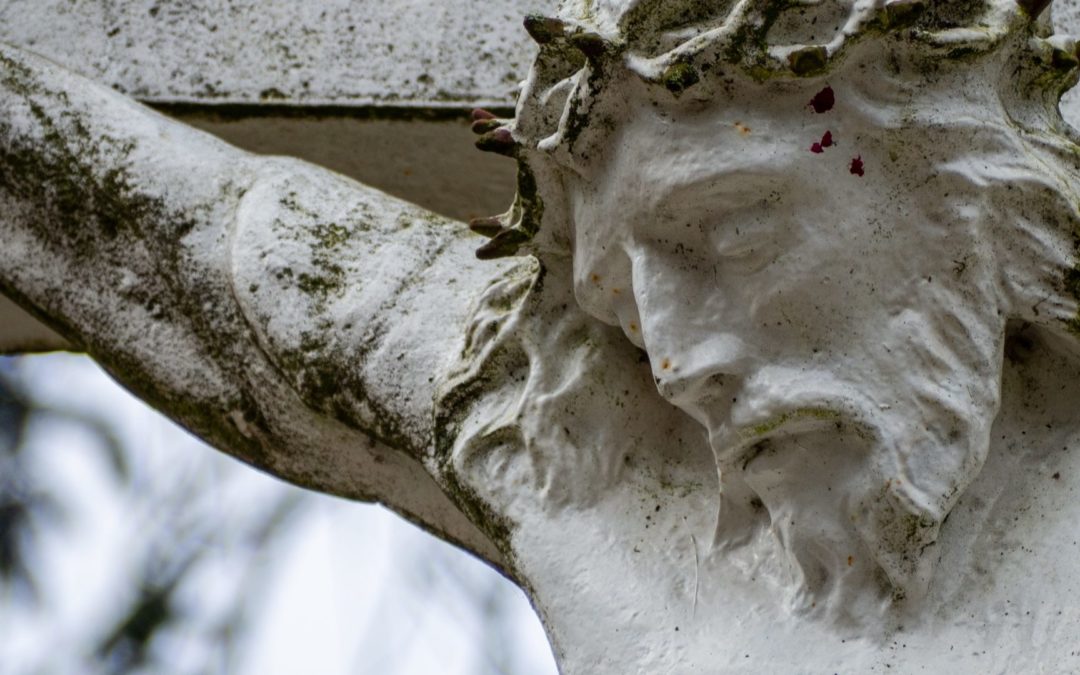
The irony of reading the eighteenth chapter of John’s gospel on Christ the King Sunday strikes me. While America gears up for Black Friday, the Church hears of Good Friday.

Words once spoken or written cannot be taken back. Words leave wounds. Verbal assaults within the Christian community may wound us personally, but more devastating is the impact hateful words have on the witness of the community of faith in the world.
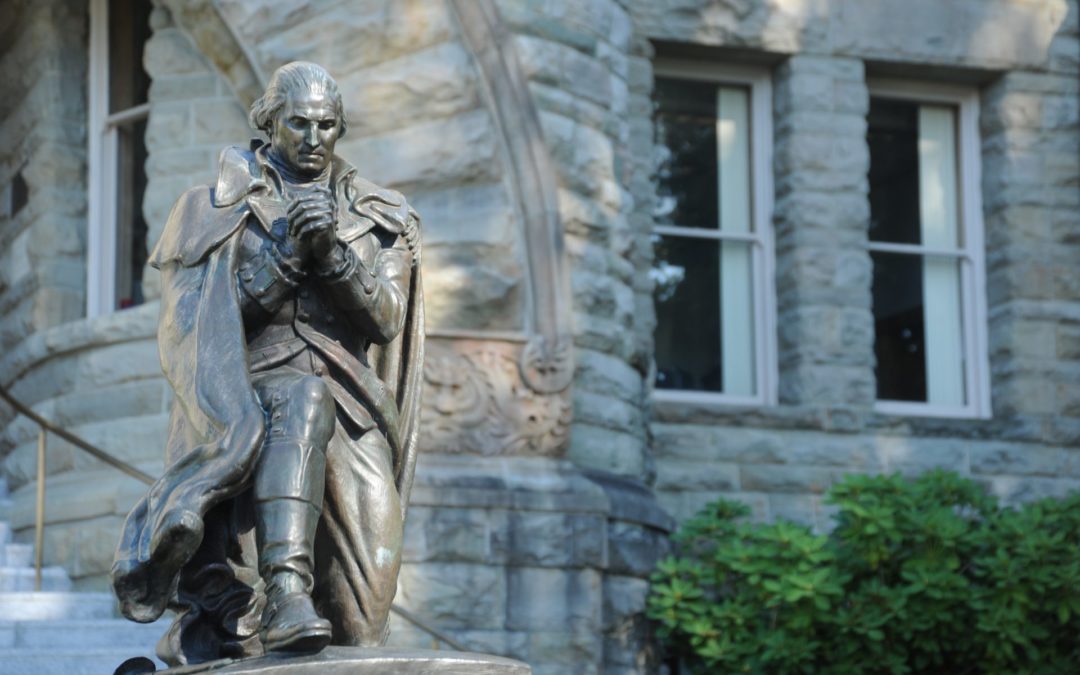
The constitutional case against prayers at public meetings is clear, but it occurred to me lately that perhaps Christians who inflict such prayers on those gathered might benefit from hearing a Christian case against such prayers.
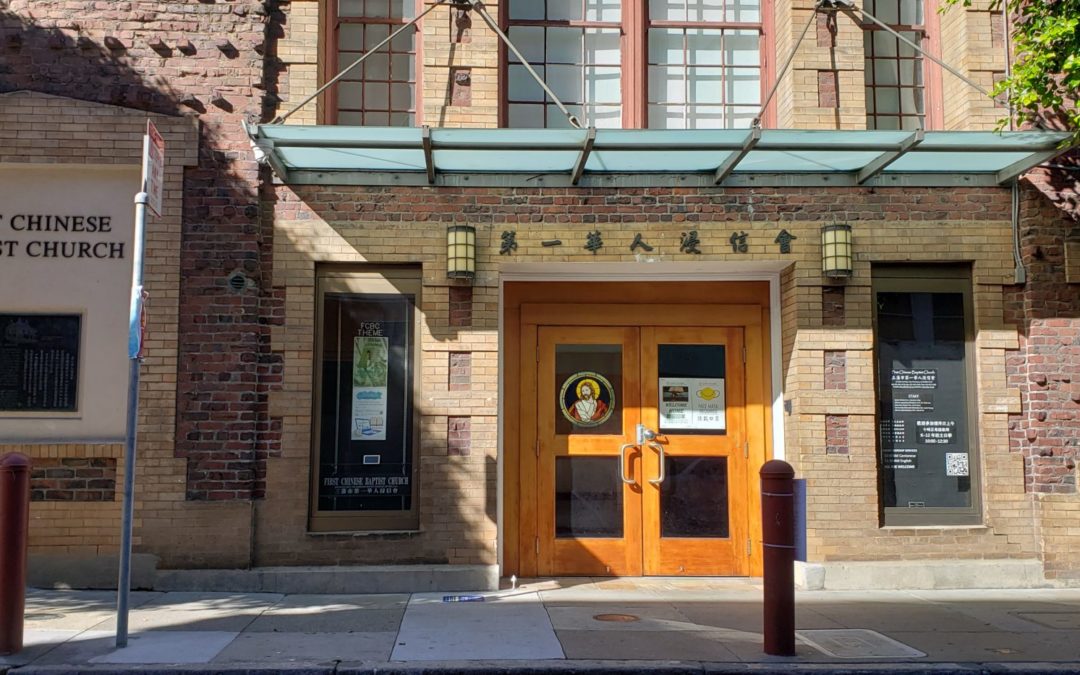
As people of the Resurrection, we are called to go outside. Most of the accounts of Jesus’ teachings and healings took place outside rather than inside.

I waited, auditorily enveloped in that stale recorded music loop, to find out if I was going to have to take that monthly student loan payment to my grave. In which case, it was still worth it, because I have already paid my “debt.”

Native American Heritage Month is a celebration of not only indigenous people and their descendants, but how they relate to God, the land, one another, and the world at large.
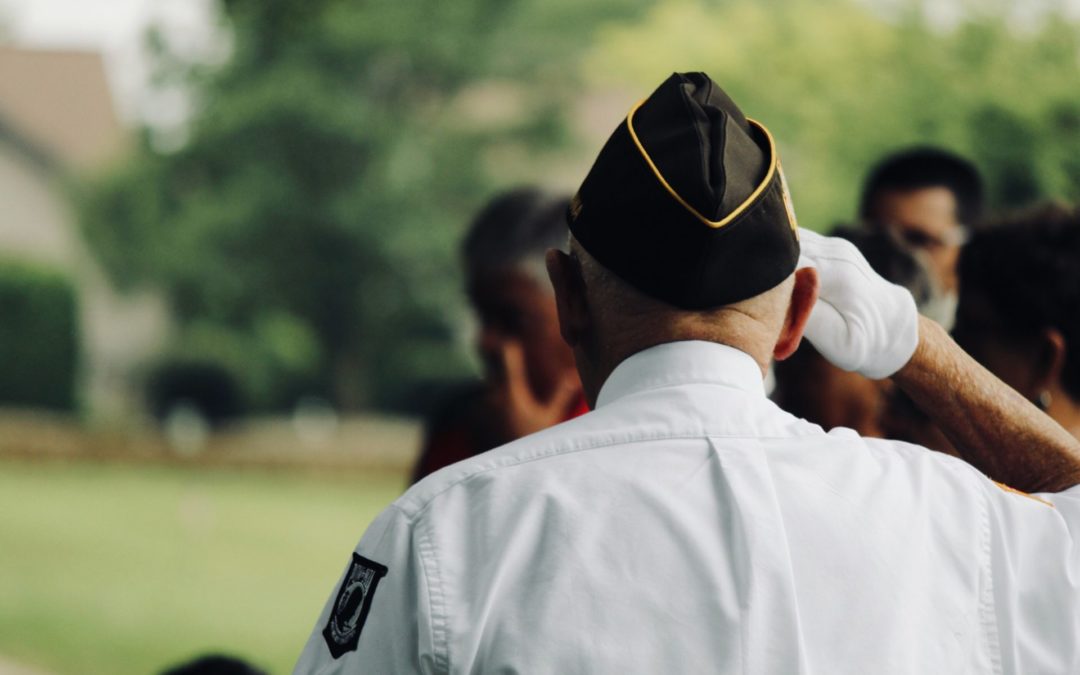
With my family’s military ties, Veterans Day has been significant to me; however, it has become even more meaningful over the years and especially since moving to the Hampton Roads area of Norfolk, VA. Veterans Day is a time to reflect on national service and sacrifice.

The Old Testament prayer of Jabez sounds remarkably familiar. It sounds like a cornerstone of the prosperity gospel: give me more. Where is the Jabez-style prayer for others?
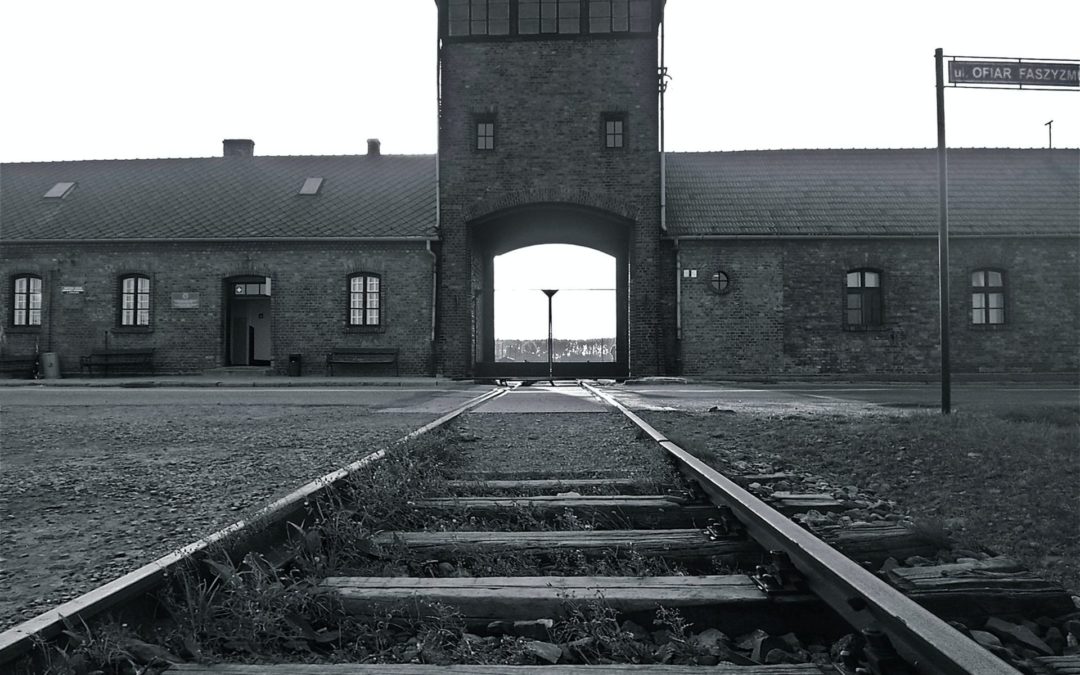
How could a movement that was founded in part by the son of a Jewish rabbi, reconcile its Jewish-influenced heritage with its hopes to thrive in an antisemitic Third Reich?

Antisemitism is among the most entrenched and pervasive forms of hatred and bigotry in the United States.

Against the backdrop of Nazi Germany, Dietrich Bonhoeffer charged his youngest new church members that “Your Yes to God demands your No to all injustice, to all evil, to all lies, to all oppression and violation of the weak and the poor, to all godlessness and mocking of the Holy.”

For effective Christian leaders, Christ is the cornerstone of our leadership as much as he is the chief cornerstone of our faith. This is when our leading becomes servant-leadership and spills over into our discipleship and our evangelism. It is the kind of leadership that we are called to by the one who calls us to serve and to lead others.

For our churches, perhaps the zombie Jesus memes might cause us to pause and recognize where we have lost our purpose as followers of Christ. Are we following the one who rose from the dead and leads us into new life now, or are we continuing to consume resources to perpetuate old models of ministry that feed ourselves and not the world in need of Christ around us?

For those who are in fields where big questions about life and meaning are constantly at the forefront–like I was until recently–I think it’s easy to overlook just how often the concerns of everyday life take center stage over philosophical ideals.

Here’s what I’ve been doing, and what I recommend to others: focus on the next 90 days.
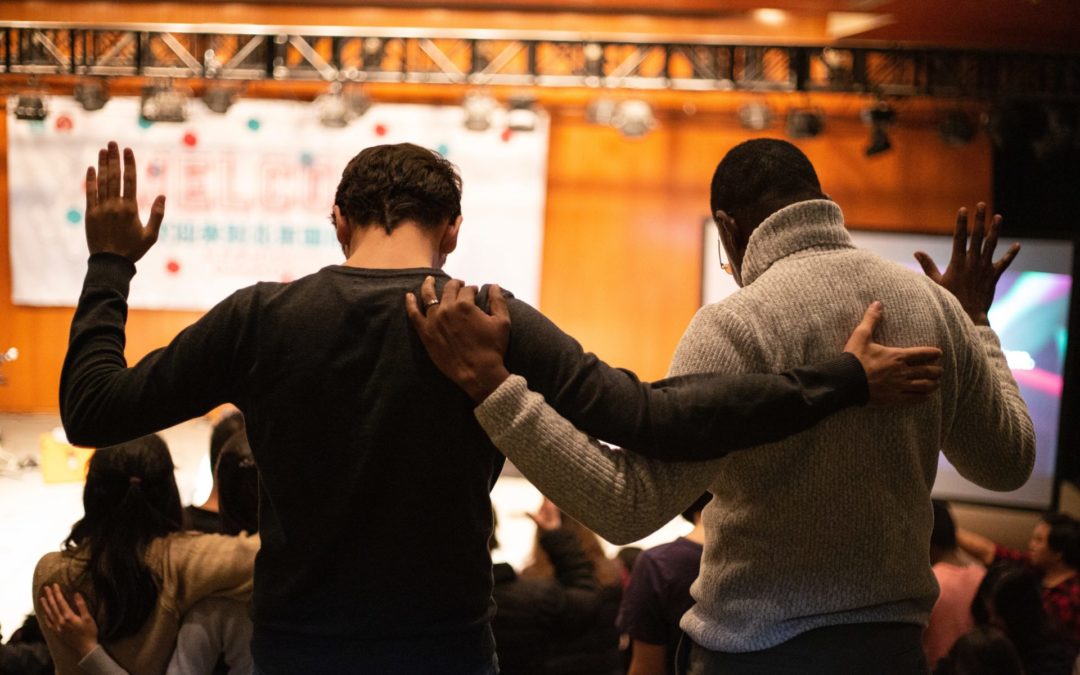
In “Called to Reconciliation: How the Church Can Model Justice, Diversity, and Inclusion, Dr. Jonathan C. “Jay” Augustine writes, “My prayer is that, in the years to come, we will look at America and see that we are all called to reconciliation, with the church leading the way as a model for justice, diversity, and inclusion.”
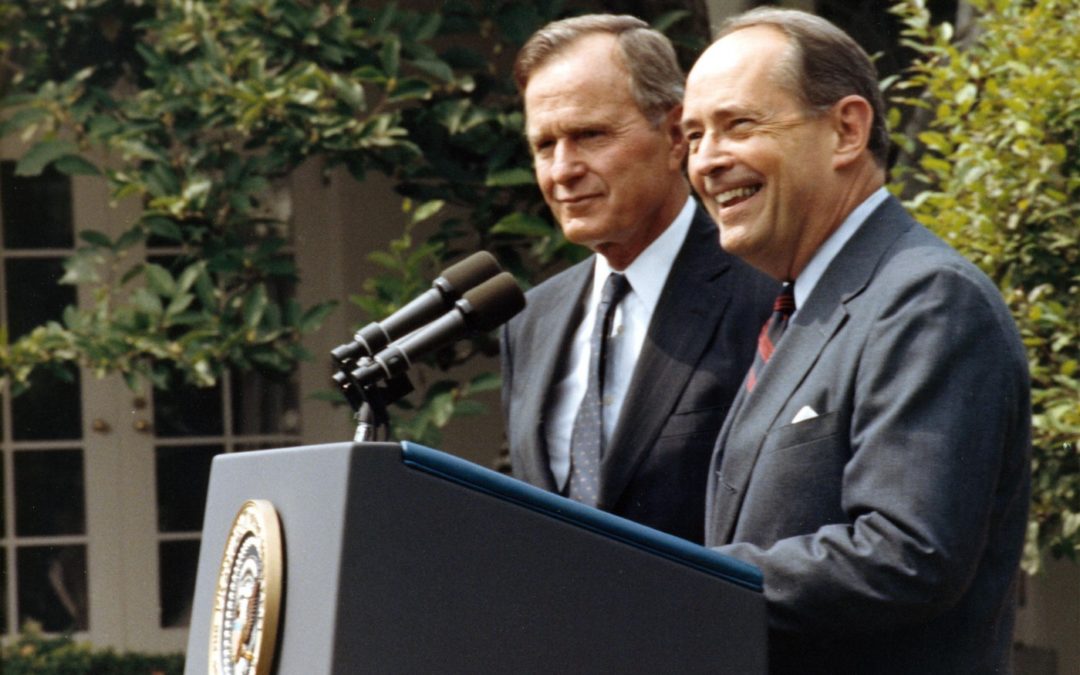
During all my challenges, I’ve never hesitated to turn to God in prayer, not to achieve a particular result, win an election or to derive a quick answer to a knotty problem, but for the strength, wisdom, and patience to deal with the varied problems of life. Those prayers have always been answered.

Theologically, The Rings of Power carries a powerful warning. The Empire is all around us, obscured by our need to rationalize our desire for peace without justice, power, indifference, and greed.

The right to bear arms has devolved into random, reckless, reoccurring acts of gun violence that mark the United States as different than any other developed country in the world.

Pastors and church staff are also employees in the workforce. They are not immune to the pressures and economic realities that face the rest of the hustle, burnout, and quietly quitting culture that surround them.

As a diverse global Church, we conspicuously and distinctly rekindle the precious gift of God when we share in The Lord’s Supper.

In the work of justice—or any other faith-based work for that matter – knowing the purpose of the work is crucial to doing it well. Why are we helping these people in the first place? What is our end goal? What are the required benchmarks?

Enjoy Aaron Judge’s success, but don’t be afraid to surround yourself with heavy hitters who will improve your own performance.
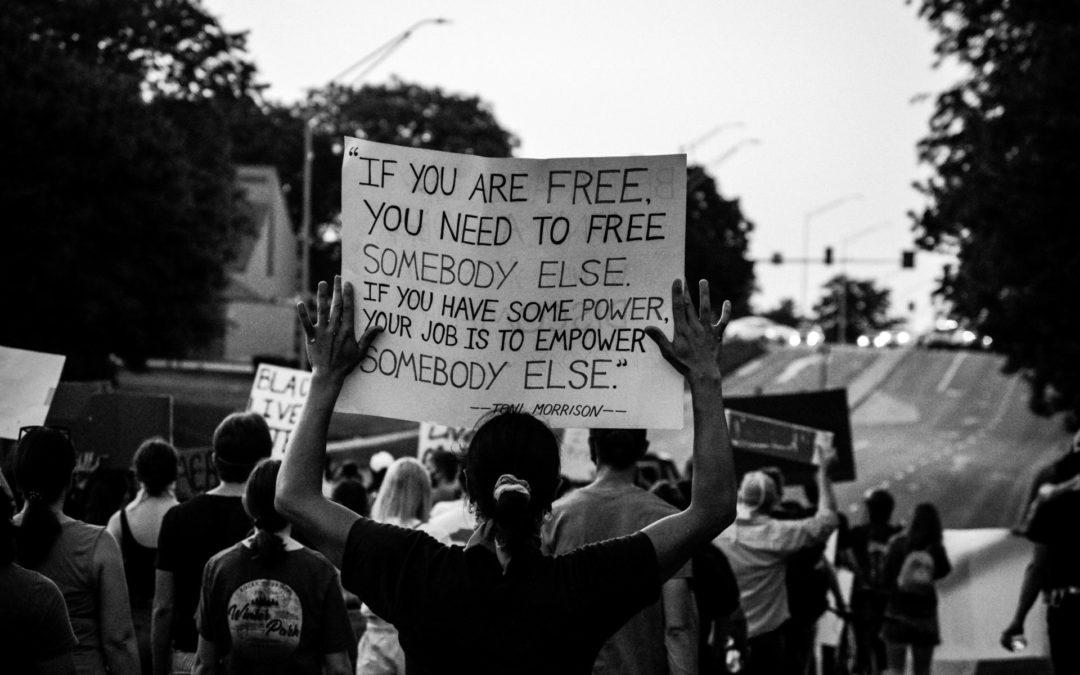
Whether or not he said it in these words, Albert Einstein’s life radiated the commitment that “Striving for social justice is the most valuable thing to do in life,” perhaps even more so than discovering the theory of relativity.

Normal, I’m sending you packing. Why? Because we don’t need you, and because I don’t trust you’d stick around anyway. As for me, I want to find and create a new way, shaped by gratitude and intentionality.

Even a job you love can become a drag–witness much of pastoral ministry during lockdown, or ministry through a time of church conflict. There is much you can’t change about the reality of this ministry challenge. Still, consider how you might change what you bring to it.
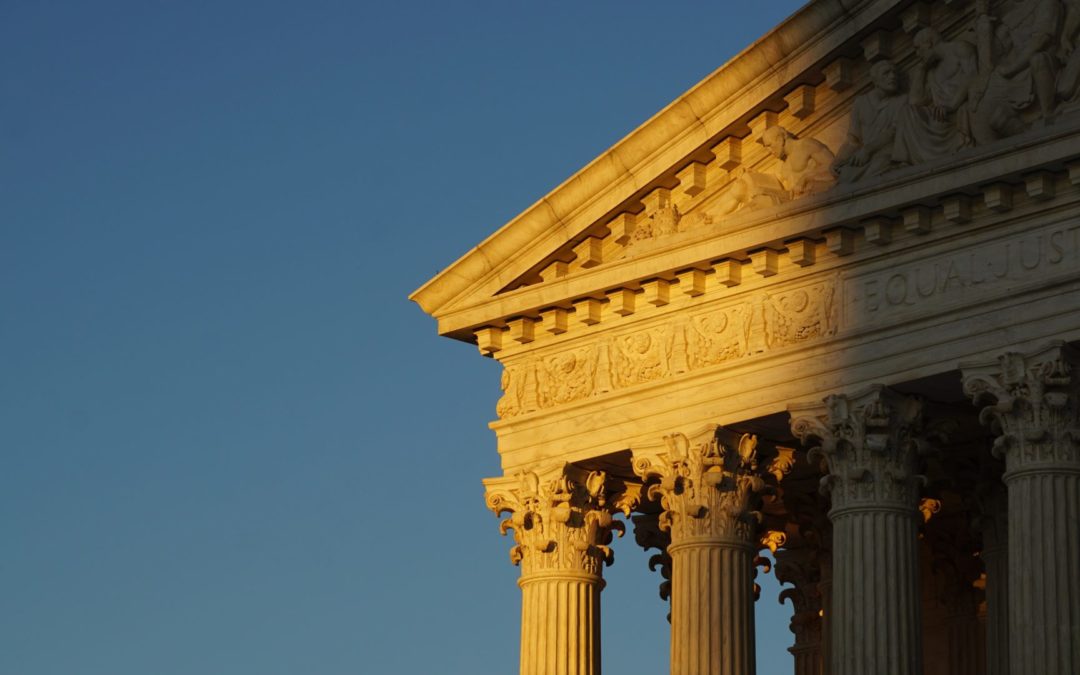
Leaving lower courts with little guidance, this Court is reshaping religious liberty without deference to principles that have protected it for decades.

While I wish Charles III a long reign and the American democratic experiment an even longer life, I find myself intrigued and amazed at how times change, yet how the need to defend the faiths is not only the work of the Crown or seat of government, but also very much in our own convictional DNA as Baptists.

The parallels between our pandemic-affected lives and the lives of the prophet Haggai’s contemporaries in post-exilic Jerusalem are unmistakable.

Contributing to the increase in anxiety and depression among children are the ongoing challenges of limited economic resources, which result in reduced food intake, inadequate housing and other factors that negatively impact a person’s social and emotional well-being.

Earlier this year, Salman Rushdie said that “song is stronger than death.” I continue to pray for Rushdie’s recovery and return to whatever public life he can in the future. His song will go on long after his death, which I hope will be by natural causes long into the future. The song of the human spirit in its fullness cannot be quashed or quelled.
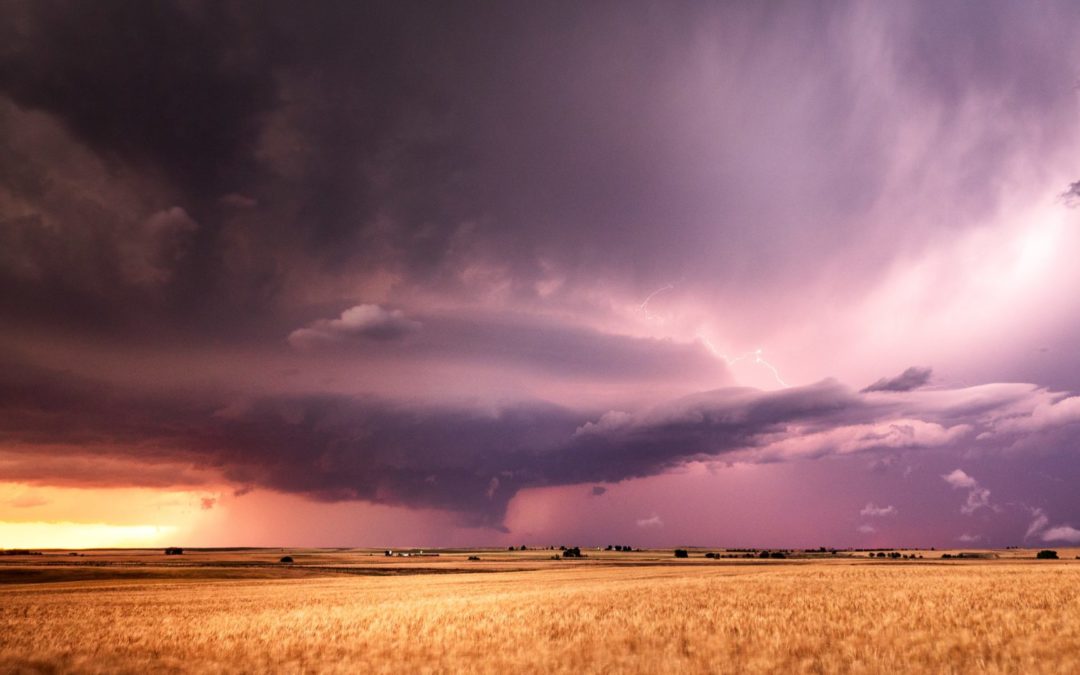
Some holidays spark the heart in a way others don’t. Christmas is probably a prime example. The Cherokee National Holiday (CNH) is one of those for me. It celebrates the signing and ratification of the Cherokee Nation constitution of 1839, and is a true celebration of Cherokee culture.

In an informal, non-scientific examination, I searched for church websites pretending to be a person seeking a deeper experience with the Spiritual. An encounter with the Divine? That’s what I was looking for from a website.

As a pastor who moves around a lot and likes to play with others, Pokémon Go has been a passport into seeing the place I live, and the places I visit, with an additional and engaging layer.

Marvin Gaye’s 1971 hit “Inner City Blues” reflected the existential crisis of those suffering from high inflation, low wages, increased taxes, and the rumblings of war to name a few. It appears that today’s America is repeating history.
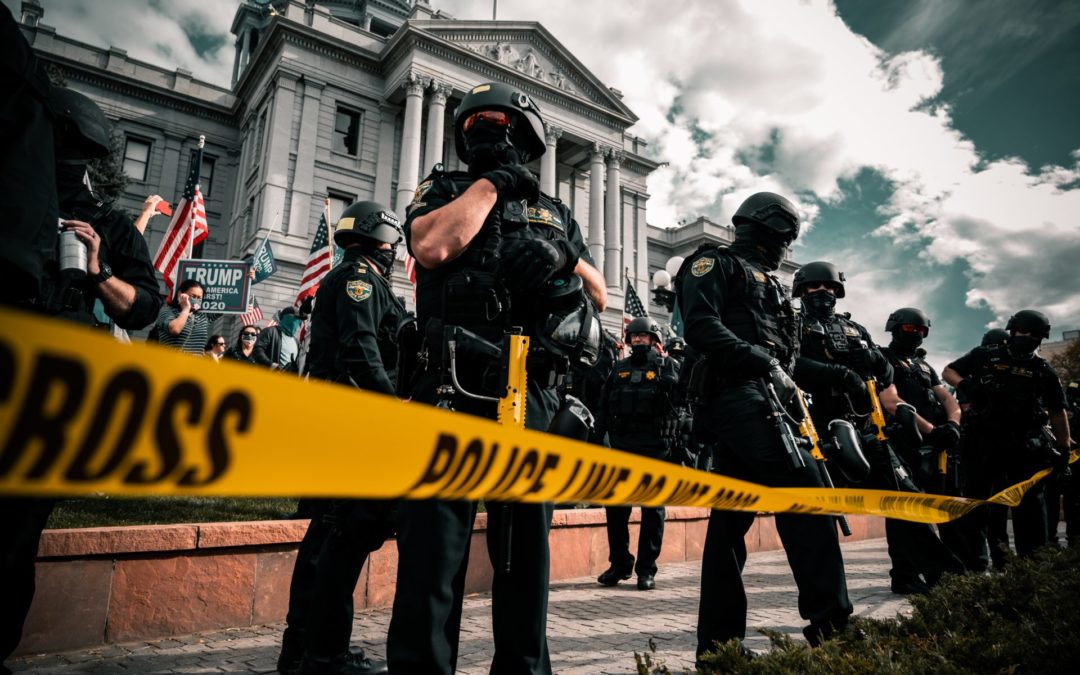
You’re not that kind of Evangelical, but too many people in the pews are. And some of the culture and beliefs of Evangelicalism have allowed their bad fruit to flourish.
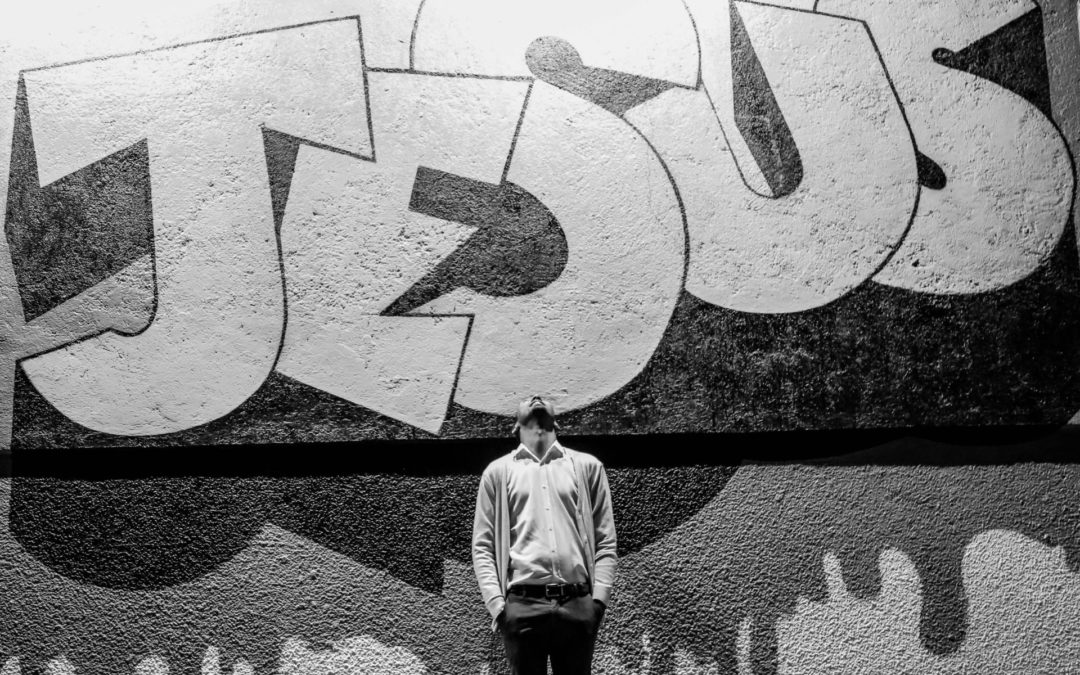
Being a follower of the Jesus way is a challenge during the best of times. The question, during these hot August days and nights, is “Are we becoming better disciples of Christ?” This time of year, when tempers often flare, are we being true to the one Lord to whom we profess our faith and loyalty?

Reading Ecclesiastes with a senior citizen group was a deep experience. Together with a group of folks who have lived long years and seen much along the way, I discovered Ecclesiastes as that sort of deep wisdom that only becomes clear after you have lived a bit.

The well-being of creation includes and underlies human well-being in all of its dimensions and is the inescapable context for every single issue or area of common concern.
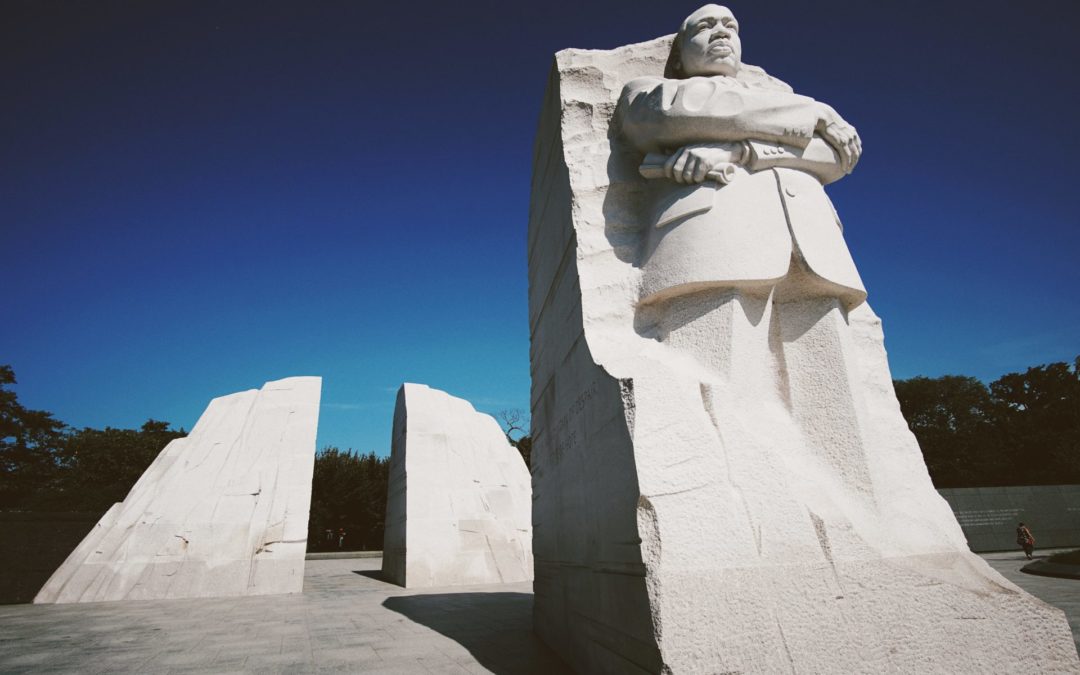
It has been my life’s goal to be a reminder… to remind others of God’s love, compassion, grace, justice, and mercy. Like the Prophets of old, I have sought to remind people to be faithful to the Divine. Such is the very work of the Holy Spirit, and such can be our own humble ministry to those around us.
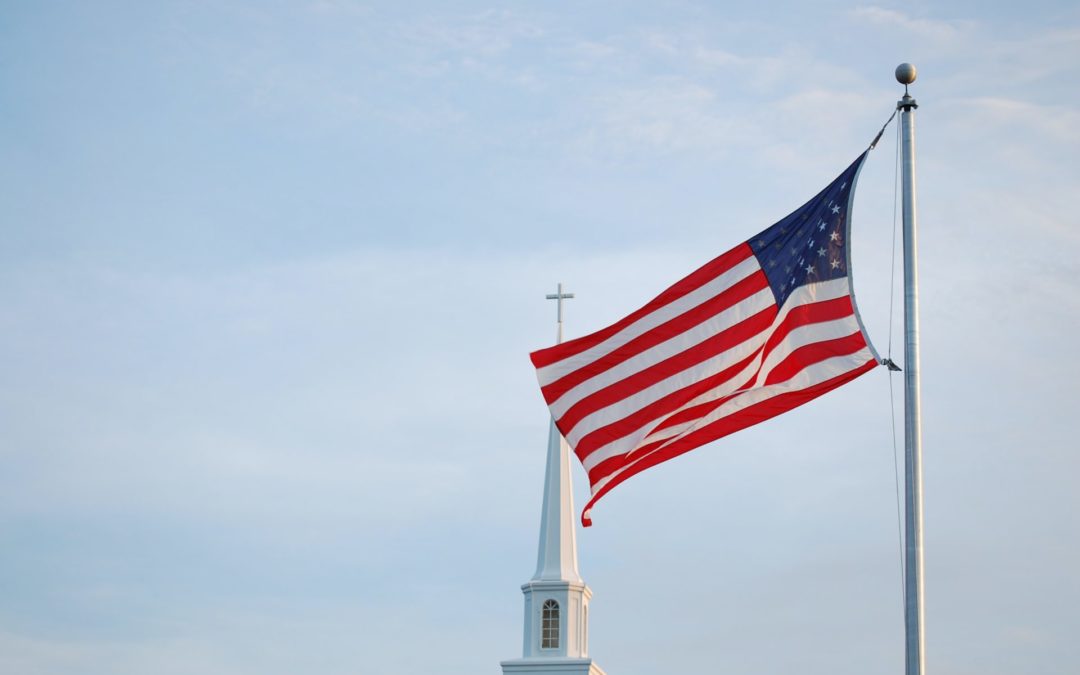
It’s time to defend Christianity from Christian Nationalists. What seems like a fringe movement in American politics today can become a danger to religious liberty tomorrow for all Americans when the power of the state is used to advance the work of any group that presumes to speak on behalf of the whole church.

While the world of “Downton Abbey: A New Era” may seem distant from our time, we find its varied narrative threads speaking to us as the characters learn to live in the present, deal with the past, and enter the future.

For the ancient Hebrews, the year of Jubilee was not meant to be a long planning session for the future, nor a long break only to return to the past. It was to make them holy. They were different. Their world was different. When retirement comes, take a Year of Jubilee.

There can be a lot of “should” in the spiritual life—I should pray more, go back to in-person worship, read the Bible more. What it would be like to make pleasure rather than duty one of the motives for spiritual practice? What spiritual activities do you enjoy, and can you do more of them? Can you make a routine of them?

The right and the left are currently battling it out over cultural issues and are distracted from the most pressing issue of our era, the climate crisis.
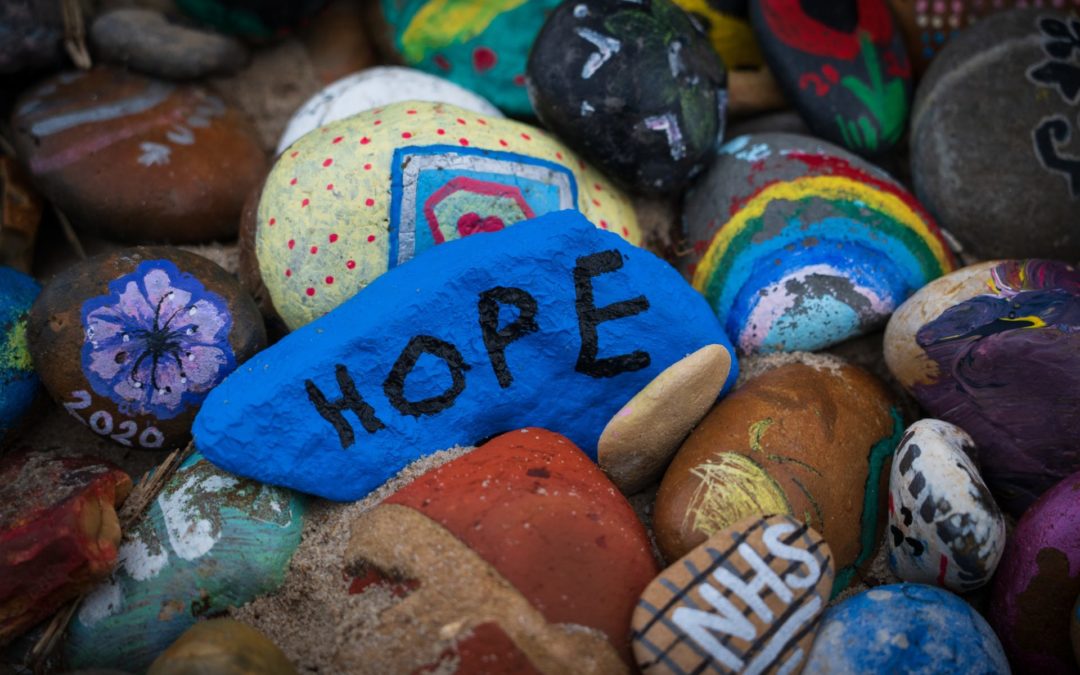
When I recently lost a treasured ring, I realized I have a tenuous relationship with hope – the belief that things can change, that I can change, that the messages we believe of ourselves and our world can be changed.
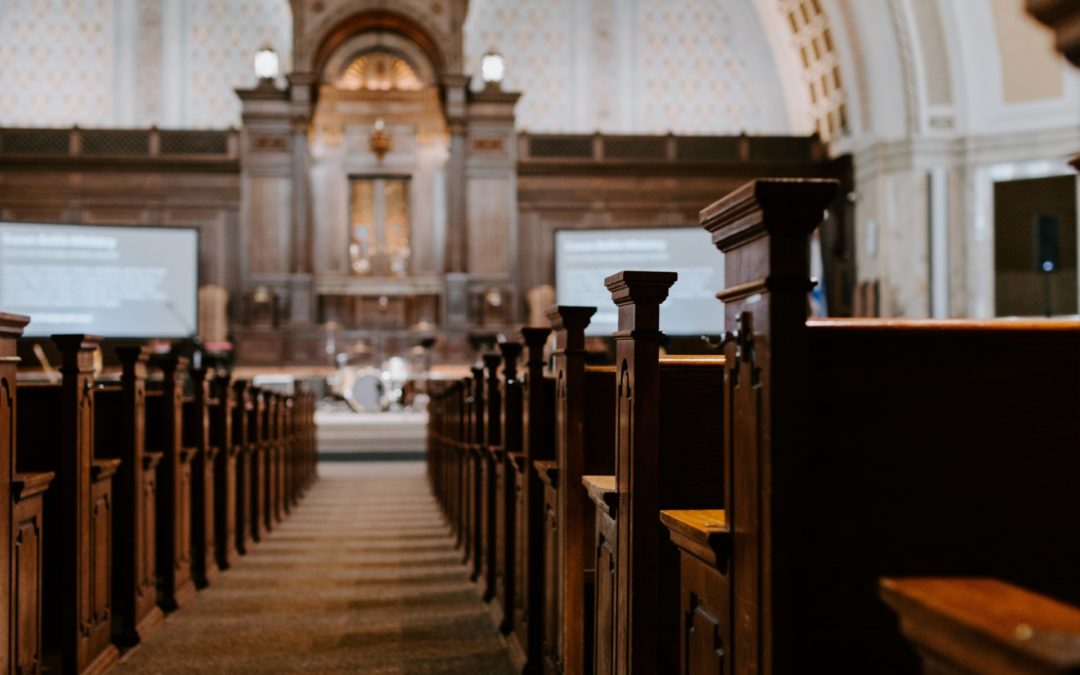
Jesus told parable after parable about seeds, trying to teach his disciples that the abundance of God is available to us all, that we can build a world where everyone thrives if we have the courage to live with open hearts and open hands, meeting God anywhere God’s work of justice and healing is happening. In response, I became the unlikely founder of an investment fund: Invested Faith.
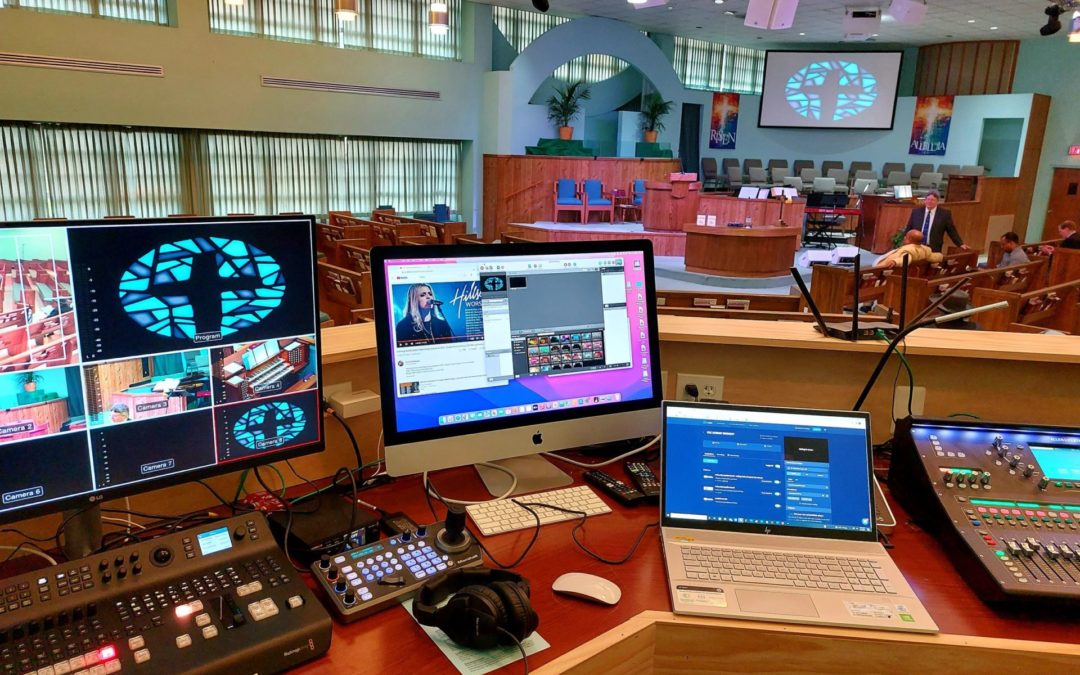
Prior to the pandemic, churches had become experts at what they did. For the most part, there was little room for experimentation, backtracking, the rethinking of processes and systems. Today, however, we are faced with a new challenge as we consider how to engage what can at times feel like two separate congregations—one in the pews and one online.
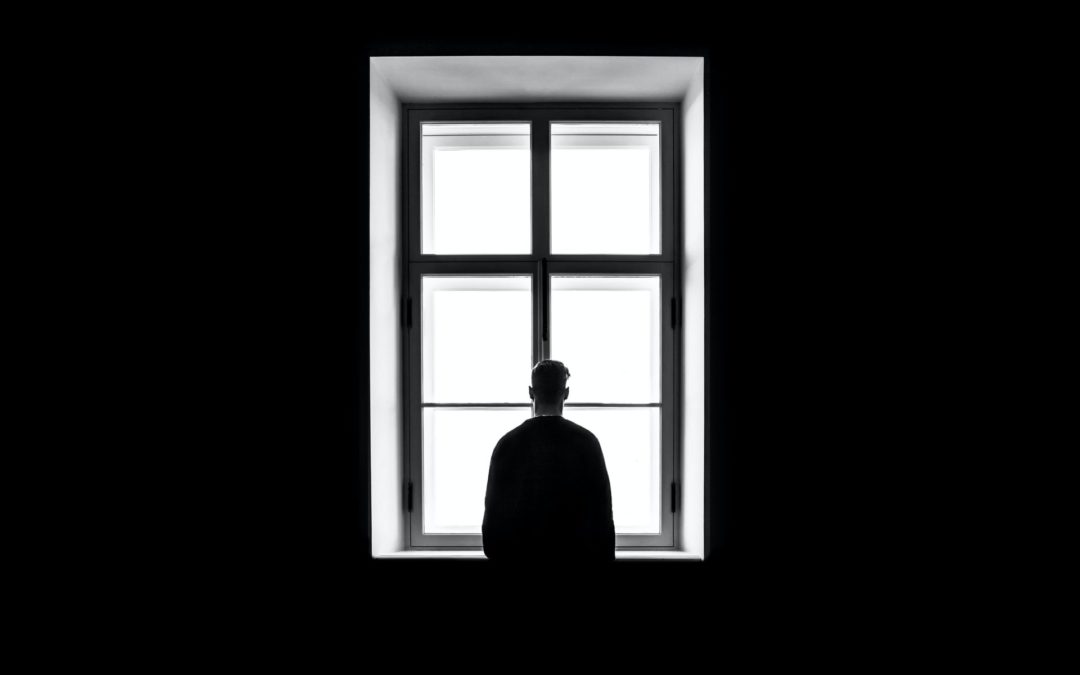
I still worry. But at least I understand more deeply that it is a waste of energy. God gives me the ability to make choices in the present to make at least a small difference in the world.
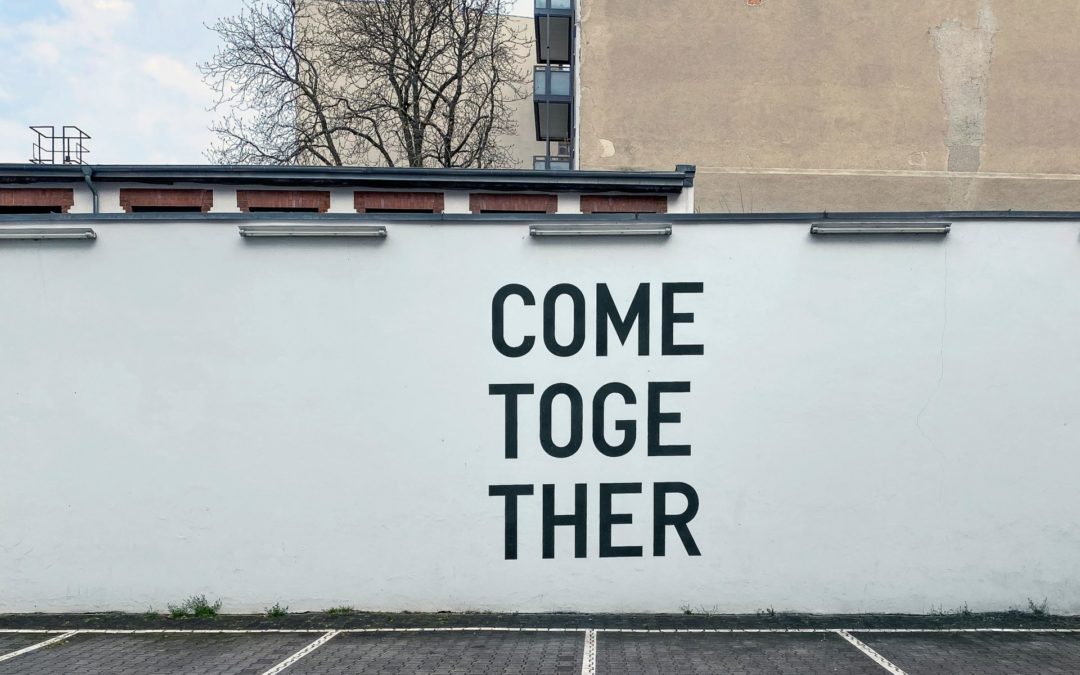
What if unity in the midst of a broken and fractured Christendom looks not like remaining a part of the same church gathering but rather continuing to engage in relationship—continuing to love—those people with whom you disagree?

As Christians engage in the cultural debate over abortion following the overturning of Roe v. Wade, perhaps the biggest takeaway from surveying the Bible’s teaching around life and when it begins is that we need to exercise some humility.
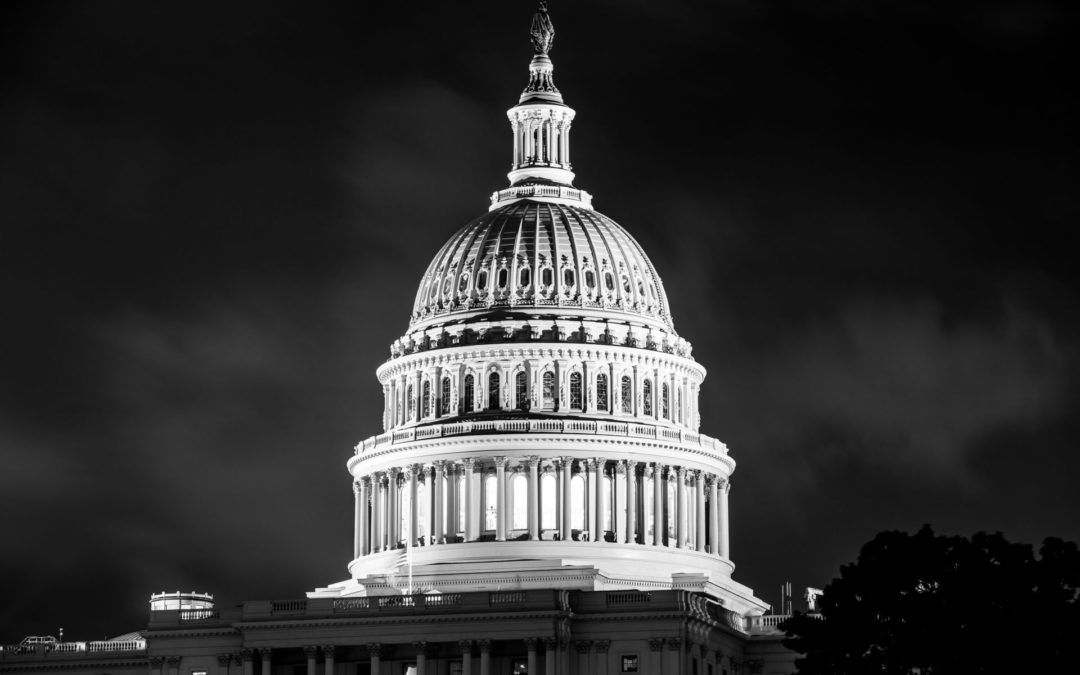
In the language of the biblical prophets, the remnant is that small minority that is not swept away by popular opinion or by fear of any negative consequences. They are a righteous remnant in a wicked world. I thought about the word remnant when I watched and listened to Liz Cheney during the January 6 hearings.
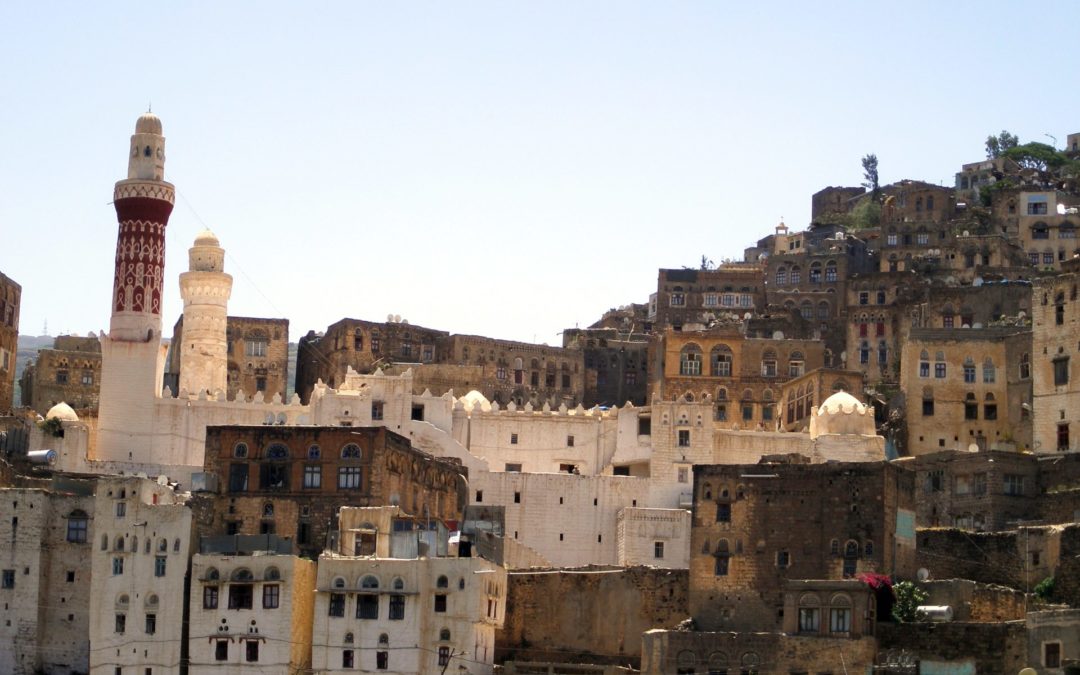
As Christians, we should care deeply about what’s happening in Yemen. Jesus shows us how. Yemen needs some good neighbors. As the people of Yemen experience deprivation and war, we can care, we can stop long enough to see, to learn, and to look for our opportunity to reach out and serve.
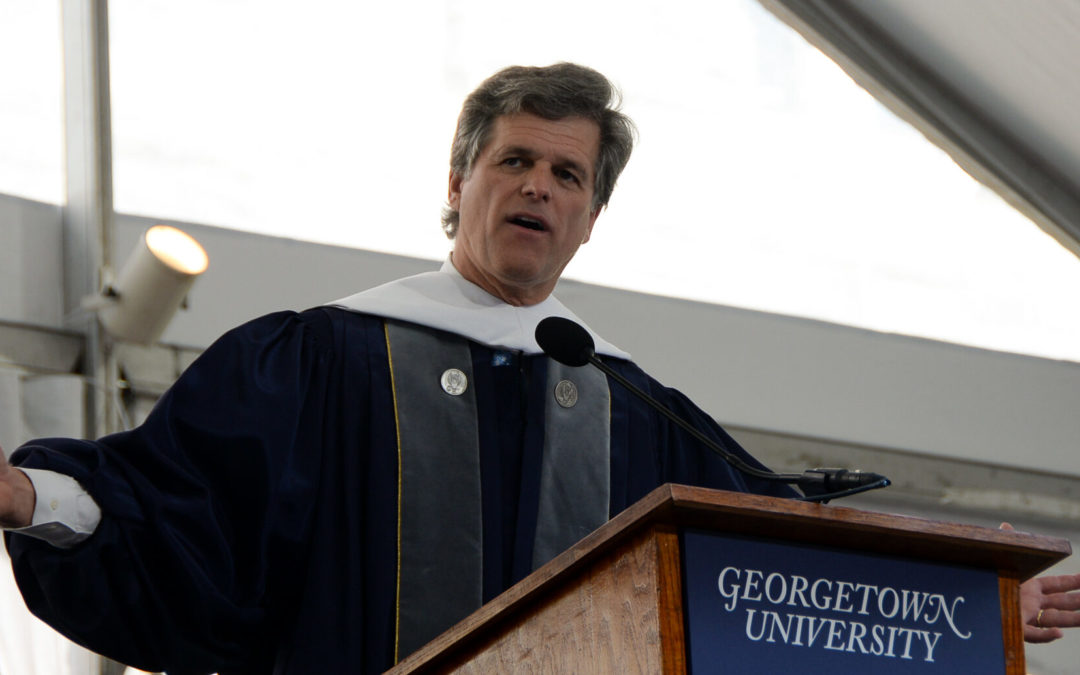
I don’t believe that “love your enemies” is any longer a strategy for saints. I believe it is the new requirement for citizenship.

For 246 years, we have been working on this experiment to form this more perfect union. We have not yet arrived. But if we can bring together celebrations of freedom like Juneteenth and the Fourth of July, recognizing the inalienable rights of all people, regardless of race, ethnicity, gender, sexual orientation, religion, or any other attribute by which we seek to divide, we will be closer to our goal.
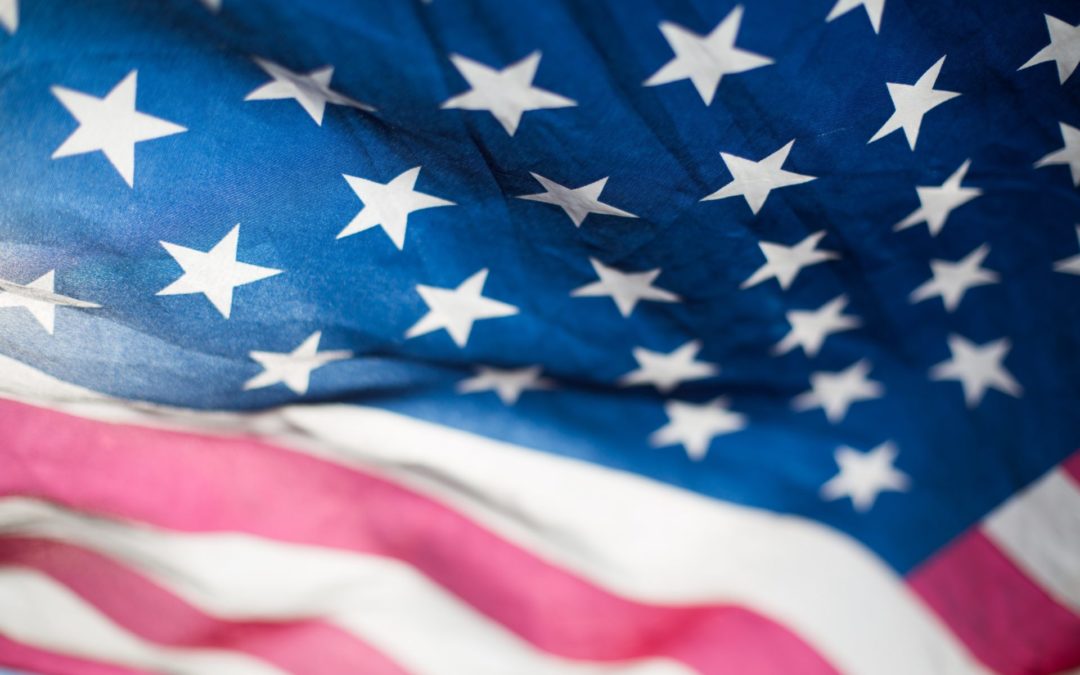
A powerful reexamination of heart and soul is what led our forebears to create the United States of America. I am not proposing simplistic answers to complicated issues like mass shootings, but we must start somewhere. May we have the courage to faithfully reexamine the difficult things in order to move toward that more perfect union.
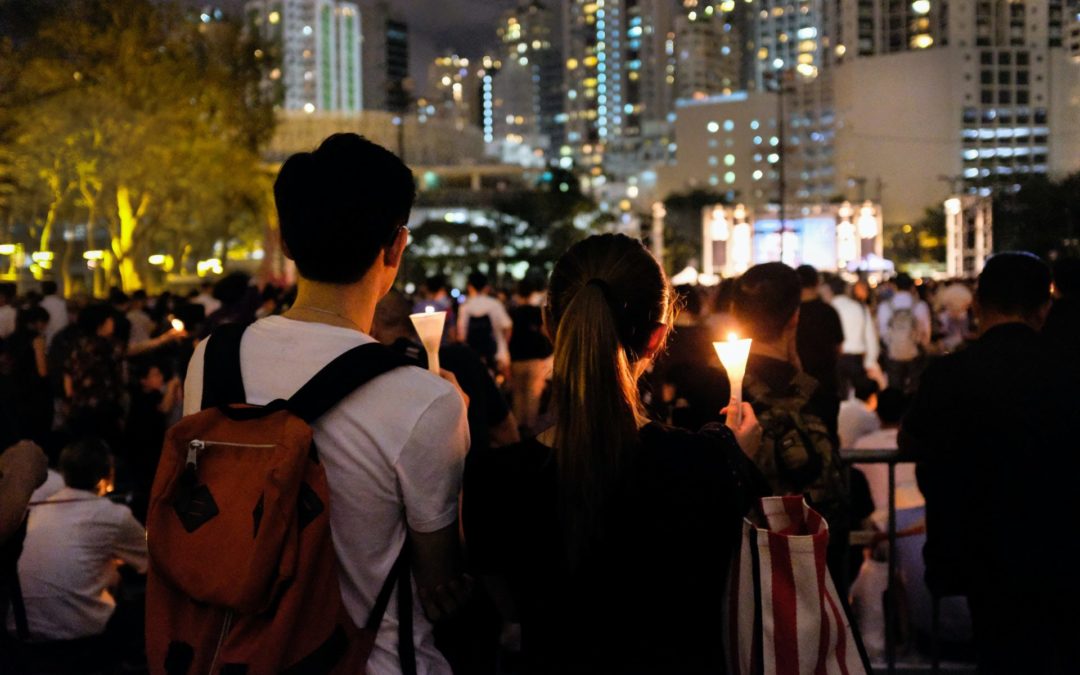
Properly understood, prayer is not just something that accompanies action but is embedded with it and is the most meaningful foundation for it.

We must take the lesson of Moses and make ourselves visible. We must be present, alive, and awake in this moment. We must be here. This requires each of us to face our challenges head-on if we are to tackle the challenges our society confronts.

The Incarnation is emblematic of God’s encounter with us. God’s human form in Christ is to be fully immersed in the human condition so that we too may know God.

Civil disobedience against injustice has long been a part of the world’s moral fabric. Sometimes it has come with magnificent public attention, while other times it passed unnoticed when only one person took a stand for what is right, true, just, and God-like. And yet, few will ever know the ripples of inspiration that one person, like Henry David Thoreau, can make or the impact they will radiate for generations to come.

In 2022, it seems as though we have the fundamental choice to either employ big data or reject the consumerist entanglement. My hope is that churches veer toward the latter and become messy places once again.

I looked and behold—a great multitude that no one could count, people of all ages, races, and creeds, those who died at the hands of gun violence. Some were church elders, leaders in their communities, and so many were children.

In the midst of deconstructing and reconstructing my faith, I can no more return to the faith I once had than I can return to my childhood home.

In this month of Pentecost, and Pride, and Juneteenth, we are offered the time to reconsider our use of language, and especially our use of language over time. It’s one thing to theoretically say God is all genders. It is another thing altogether to express the many genders of God in corporate worship.
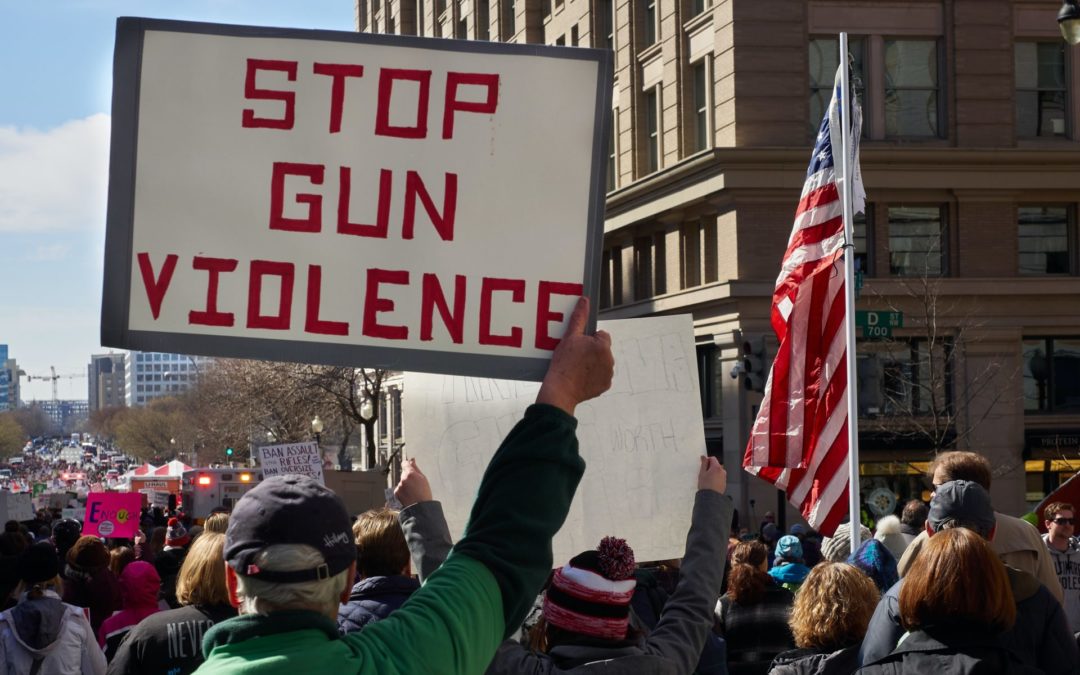
Amidst America’s ongoing existential crisis of violence, peace is not something that will happen if we turn our heads and look the other way. It is not going to simply manifest because we have prayer vigils for victims of violence, give words of comfort, and walk away doing nothing.

In the debate about gun violence, let’s stop scapegoating mental illness and do the hard work of coming together to improve gun safety and public health.

Learning Italian in my 60s reminds me that Pentecost, and every day of the year, I have the opportunity to connect with people who speak, live, and think differently than I do.
I want to be heartfelt in my support of the vast majority of our clergy who are people of integrity. But I will be vigilant in dealing with those who are not.

Pentecost reminds us that the wind of the Holy Spirit is blowing our way. We have an opportunity to try to capture its meaning for us and transmute that into some new form that will allow us to better serve God and neighbor.
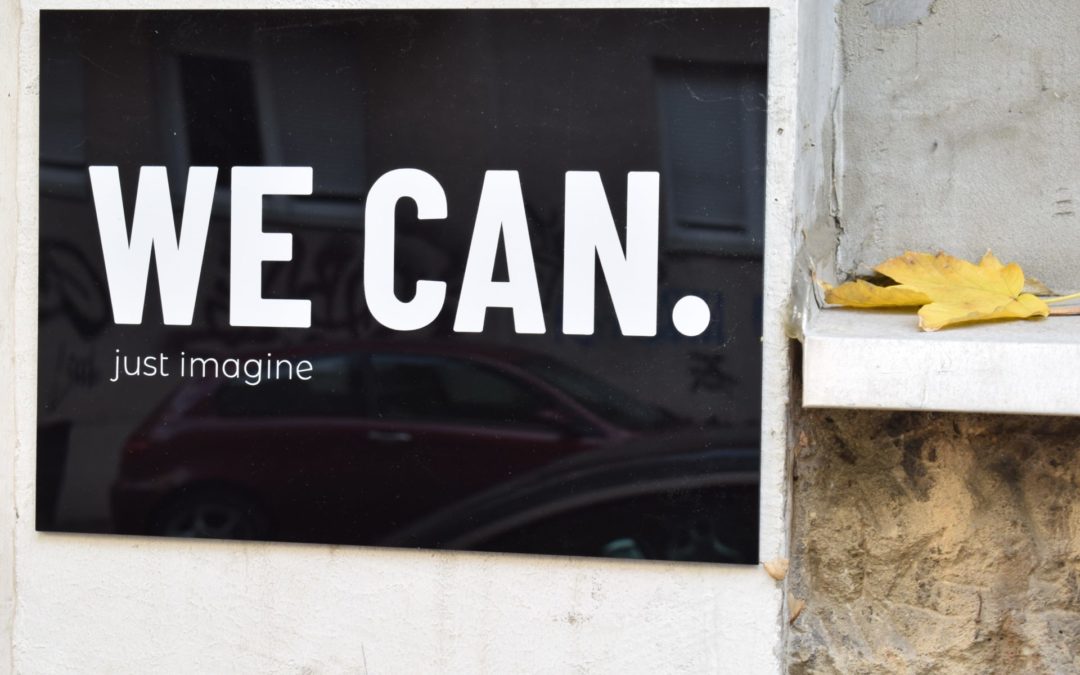
This year at Pentecost, we may gather in person, hybrid or online only, but we can affirm that God is good, Christ’s gospel fuels us, and the Spirit of God (whether we like it or not) is bringing us into new challenges and a hope-filled future.
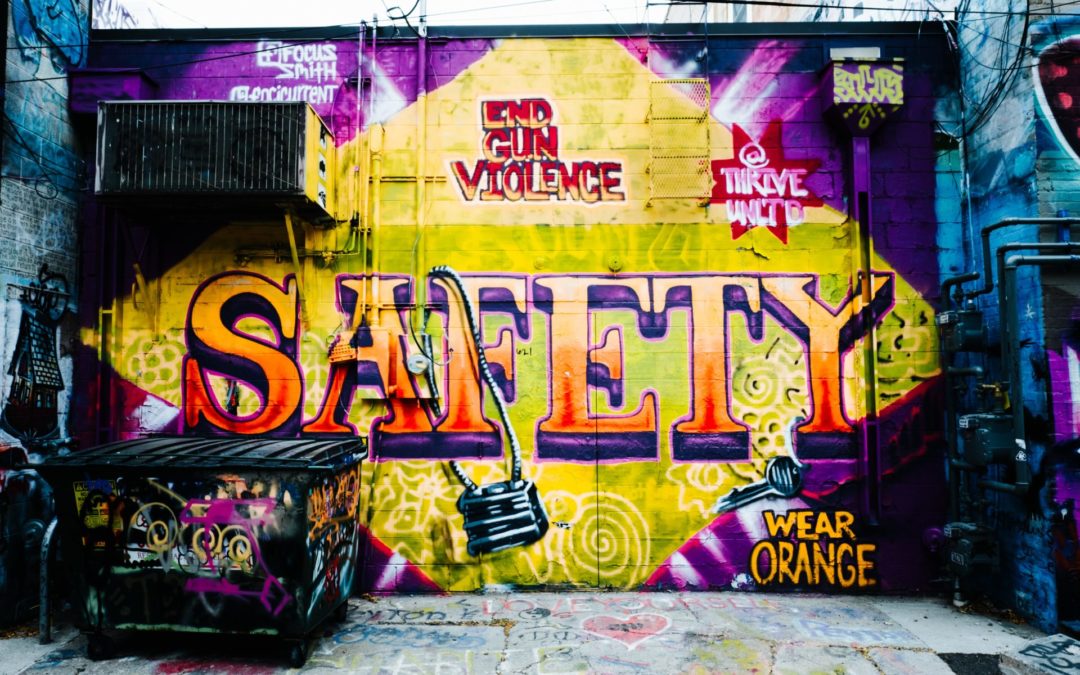
“I tried to let them know they were safe.” Hear these words. Allow them to penetrate your heart. Be moved by them. Then, let us come together and get to work.

Deconstructing my faith as a pastor was a strange thing. On the inside I was wrestling with deep questions about the faith I had built my life and career around, desperately seeking the truth while at the same time recognizing that what I would uncover could mean separation from my community and uncertainty about my next paycheck.

While the Batman mythology revolves around demented yet broken villains bedeviling Gotham streets and frequently the nightmares of its populace, this film by Matt Reeves sets up interesting questions about recovering from trauma and learning to live in a way that works more toward tikkun olam, the repairing of the world, more than meeting violence only with more violence.

How sadly contemporary Robert Kennedy’s words are more than 50 years later. How fitting for the moment and, I fear, how fitting for the future.

We live in the power of the resurrection and in its hope that in the end love and life are more powerful than death. And we are called to live the resurrected life in the kingdom of love here on earth.
Together, let us work to address the scourge of targeted violence against ethnic and religious communities which tears at the fabric of our life together

I am haunted by a question a church member asked me: “Why would a loving God allow my husband to be taken from me?” I was her pastor, and I had no satisfactory answer that could ease her grief. Hers was the age-old question: Why do bad things happen to good people?
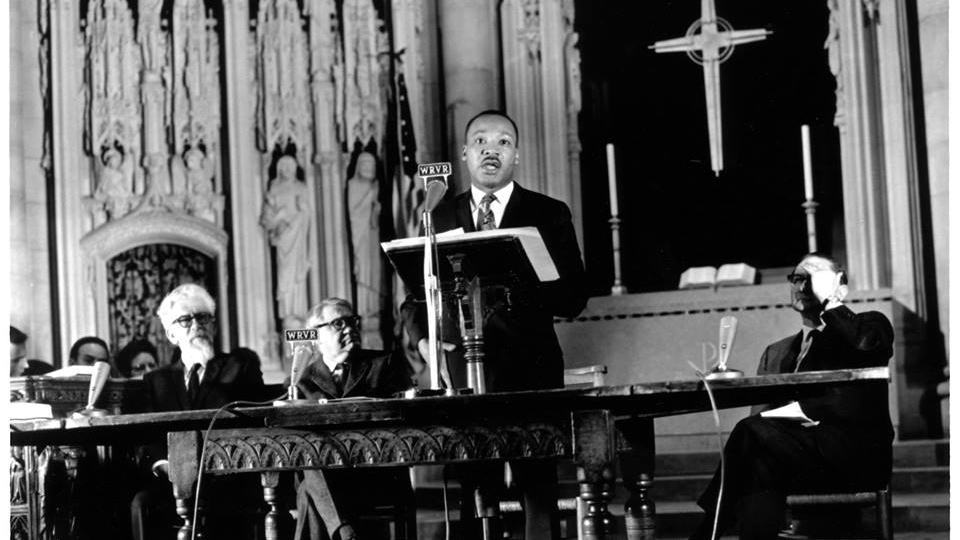
Like Dr. Martin Luther King, Jr. and the Clergy and Laymen Concerned About Vietnam in the 1960s, we can raise our voices on behalf of the one who said that we should care for and comfort and bring relief to the strangers, and the oppressed, and the impoverished. In light of events in Ukraine and at our southern border, it is once again “A time to break silence.”

In this global society, where we can connect at the touch of a screen to anyone around the world, everyone is our neighbor. May we not become conditioned by only what we are exposed to. May we find the emotional bandwidth to see all that is happening in the world and be sensitive. May we extend mercy to all of our neighbors. We must recognize that there is more to the world than what is being shared by those with personal agendas.

Not only are our fellow citizens dying in mass shootings, but our republic also is under assault. The integrity of the public arenas that constitute the lifeblood of our republican order are imperiled by the threat and fear of violence.
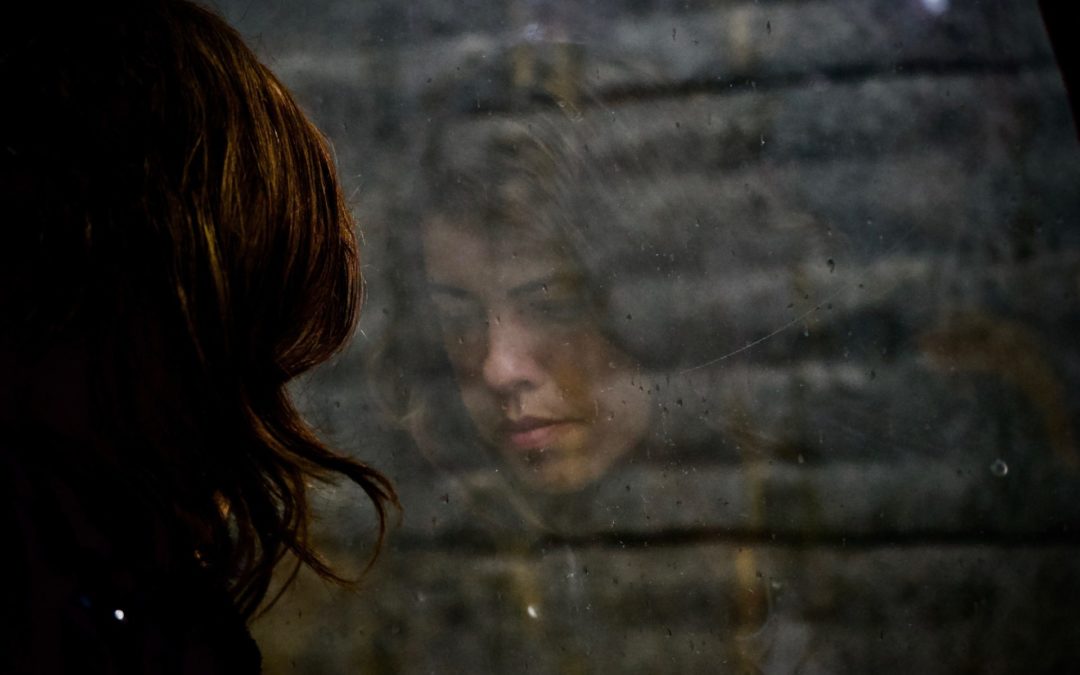
Many of us who have survived the past couple of years have come away with significant pandemic-related “brain fog.” Forgetfulness, confusion, agitation, fear, anxiety. You might have encountered a spike in any or all of these and more. The question marks continue to appear as COVID-19 cases come and go in different parts of the world. If you do not seem to be your old, pre-pandemic self, you’re not alone.

Over 100 years ago, Ernest Shackleton embarked on an expedition to cross the Antarctic continent. He never made landfall, but what could have been a disaster became a leadership triumph. We’re not on a life-threatening exploration gone wrong. However, church leaders face real challenges now and going forward. Following Shackleton’s example can help you navigate the challenges ahead with clarity and grace.
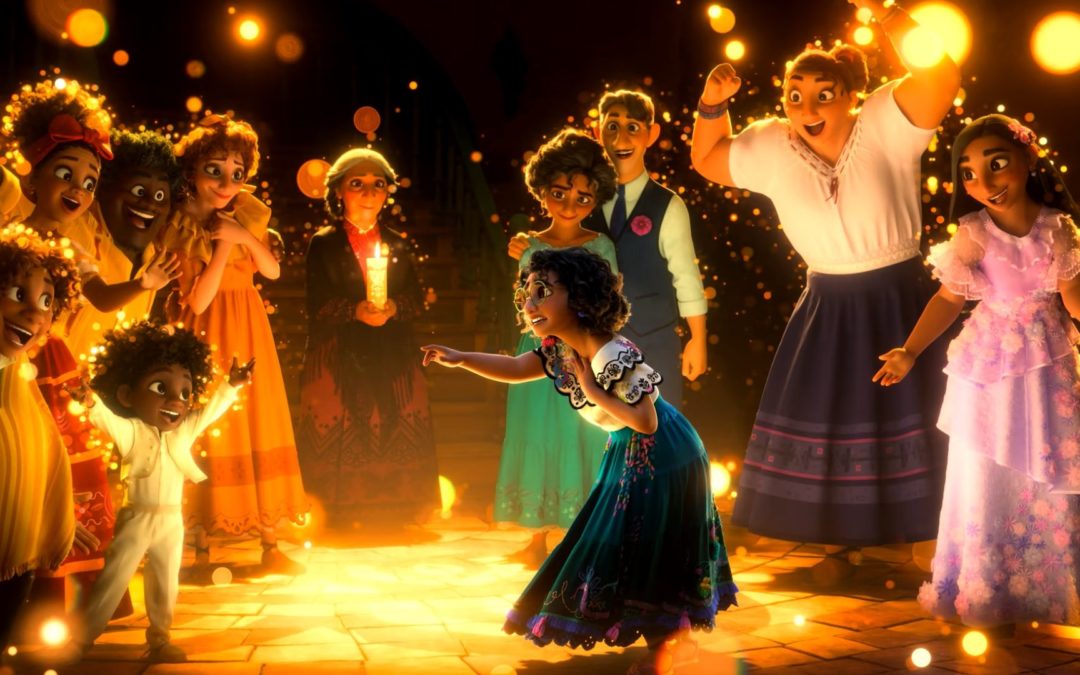
Understanding family systems theory helps us to self-differentiate and remember that we are important and valued for who we are as people, as children of God. While we have different skills and gifts for ministry, the burden should not be solely on our clergy or on one group of leaders.

Churches can be a vital force for their community’s mental health by gathering community, lifting up others in prayer, and creating safe spaces where access to community support is not predicated on falsely claiming that everything is fine.

Karl Barth famously said: “Take your Bible and take your newspaper, and read both. But interpret newspapers from your Bible.” I’d suggest that the newspaper can stand in for many activities that broaden our awareness of the world. We can read a newspaper, yes. But we can also go to the mall and interview people, or put up a table at the farmer’s market, or, as I have, sign up to substitute teach.
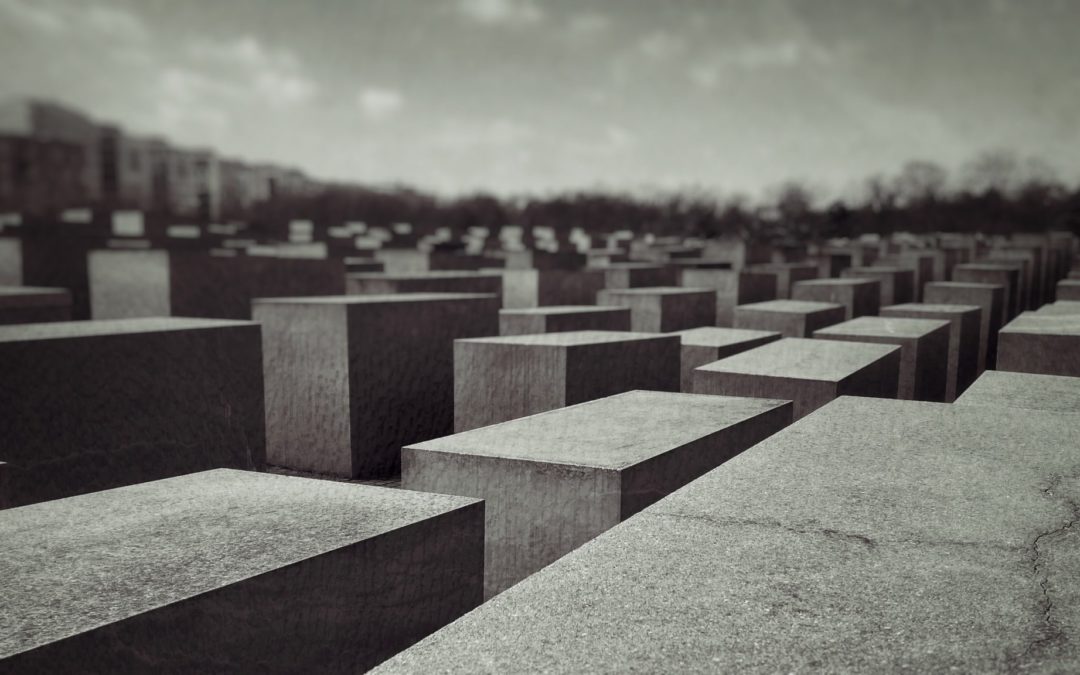
Yom Hashoah is not called a Day of Forgetting but a Day of Remembrance. The evil committed is remembered, not just out of the pain, but so that it can never happen again.

In the 21st century, and in the world that is emerging from the COVID-19 pandemic, churches that see their congregation as a platform for good in the community will thrive and connect with more people than churches that see their congregation as a pipeline of ministry.

We too often see time as an enemy, but if taking the time necessary to thoroughly explore a topic, so all understand the complexity (or simplicity) of an issue, isn’t that time well spent?

Healthy boundaries are essential to maintaining not only clergy health but church health. Clergy who are happy and healthy are more likely to serve with longevity and lead churches with ethical clarity.

It’s been a month and a half since I deconstructed my faith and became an exvangelical, and the best way I can describe this season is that I’m wandering in the wilderness.
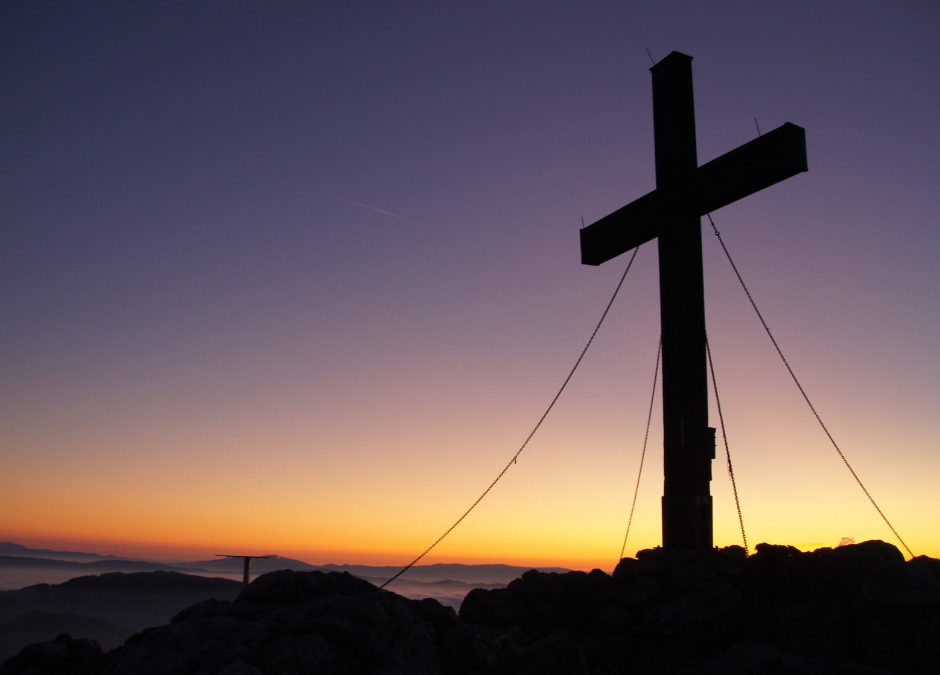
“When strength fails, there is perseverance. And when perseverance fails, there is hope. And when hope fails, there is love. And love never fails.”

I used to read John’s account of the resurrection and think Mary was confused, supposing Jesus to be the gardener. I see things differently since my mother died.
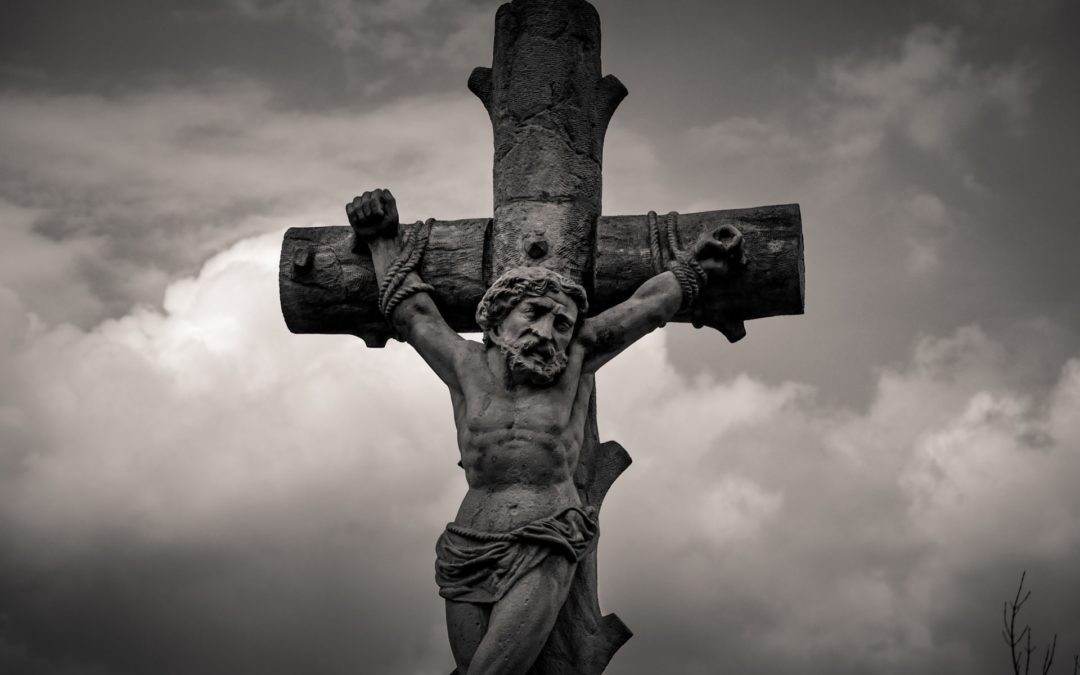
The work done on the cross through Jesus’ death reveals that from the darkest moments of life, “hope springs eternal.” It is that hope that we hold on to as we suffer shame and disgrace. It is that hope that gives individuals strength to continue to stand through the chaotic winds of life.
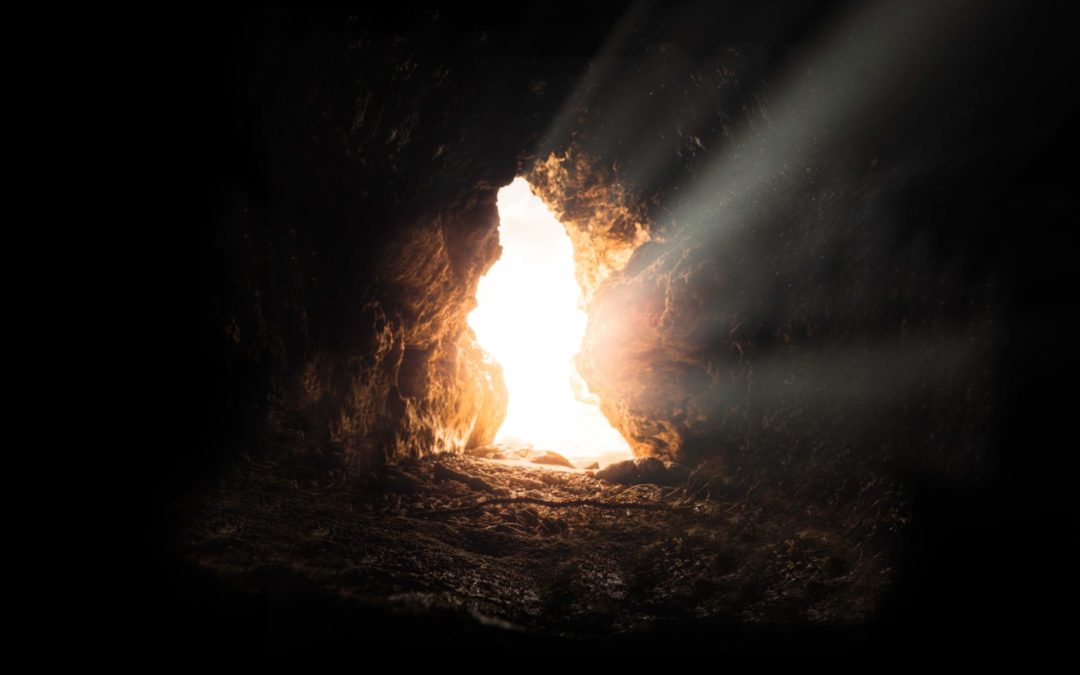
Idle tales and brokenhearted disciples gave way to the cries of “He is risen!” and “I believe!”

I need to share a secret burden I have been carrying for too long. It is a little embarrassing and will require your strictest confidentiality.
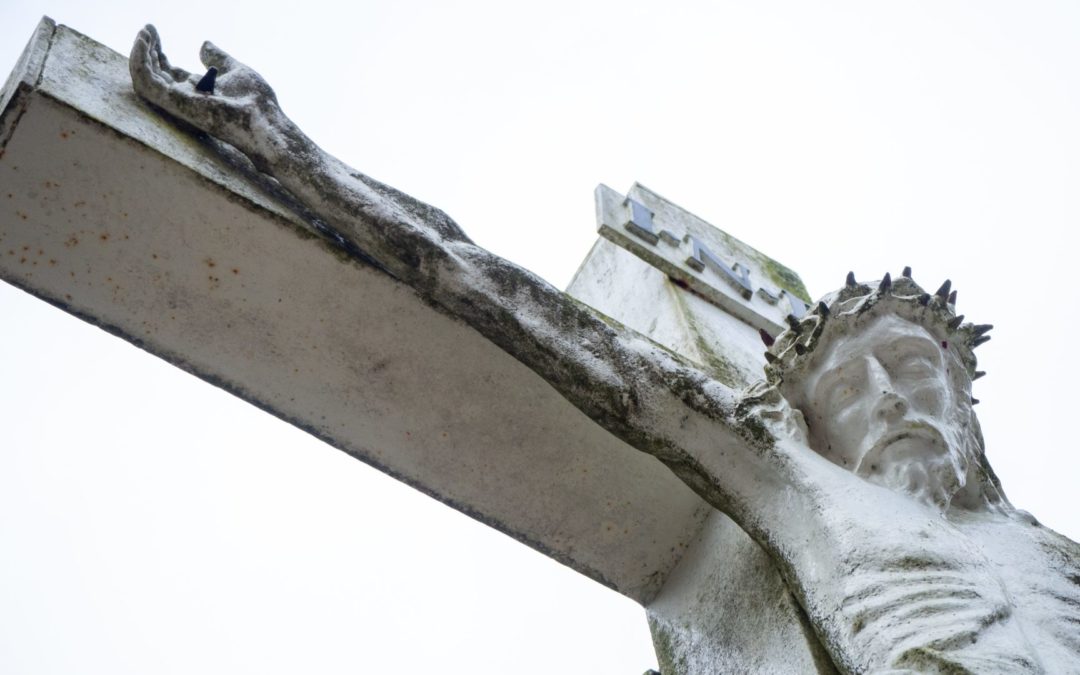
The journey through Holy Week can help us travel through dark times in our lives and in the world. Holy Week offers the opportunity to experience the reality of shadows and suffering without losing hope.
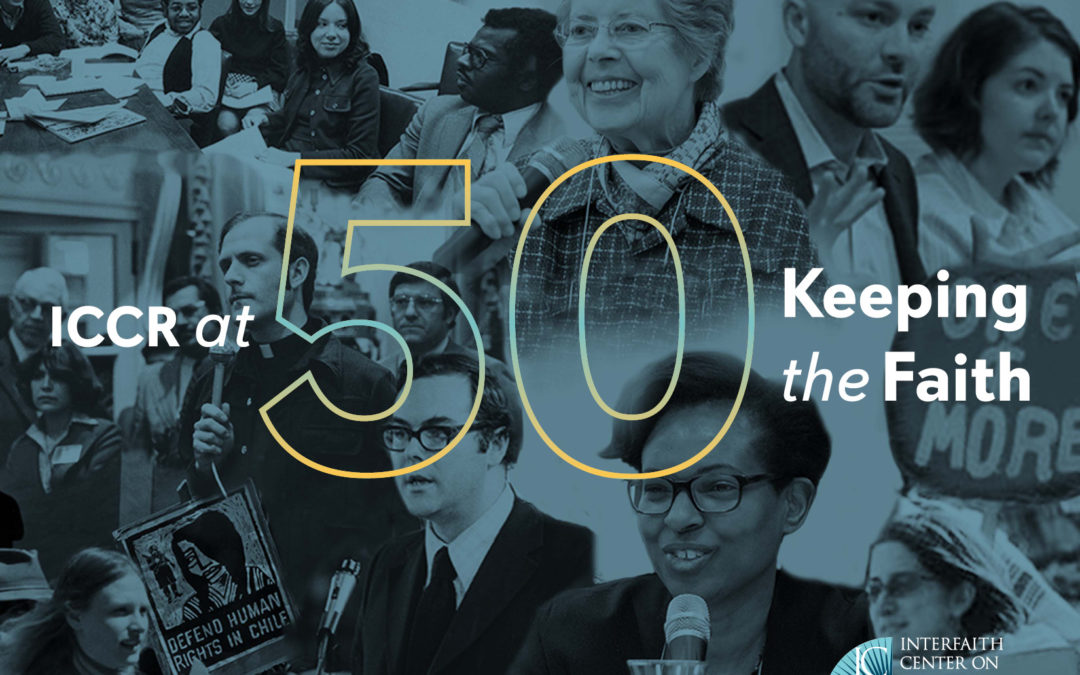
“Sometimes quitting is the courageous act. Sometimes the courage that is needed is to stop doing what is expected in order to start doing what is necessary.”

Jesus liberated himself from the vicious cycle of morality-gamesmanship; can his love now liberate us, too?

Ensuring people with disabilities have the same access to opportunity and enjoy the same civil rights protections as people without disabilities is a moral imperative. It’s the right thing to do. It’s also good business.